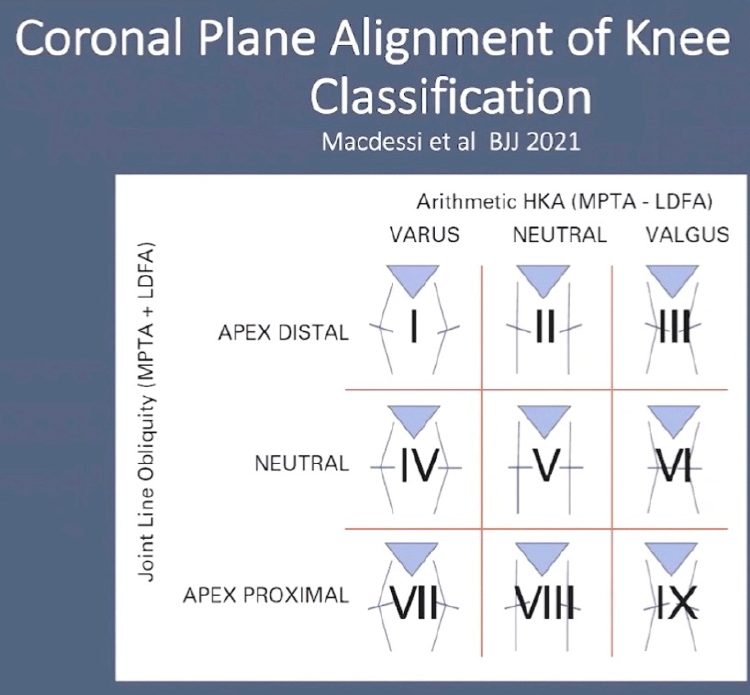
Patient Care Philosophy
When we take care of you, you’re family.
There are many problems in Orthopaedics that don’t have clear solutions in 2022. Since I started in Orthopaedics in 1997, when I was in these situations, my philosophy has always been to ask myself, “What would I do if this was my mom or my friend?”. I feel like this approach has led me to a fulfilling career characterized by a close human connection with most of my patients.
Not surprisingly, family, friends, co-workers and Orthpaedic surgeons have chosen me to do their surgery. It’s not uncommon for patients to become very close to me to the point of developing relationships outside of work through social media. Unfortunately, it’s becoming less common in medicine to have that human connection between patients and doctors. But, I grew up watching my dad (a general surgeon) have this connection with his patients and even if it’s not the popular thing to do anymore, it’s important to me.
Personalized Care
Until recently, it was uniformly agreed that all patients should end up with the same alignment. Originally, research indicated that this improved how long the parts would last before they would loosen from the bone. But now, it has become controversial with no clear right answer.
My philosophy is to clearly define how your leg is aligned and the way your joint is naturally positioned relative to the ground. A classification system has been developed and it shows that we can group patients into one of 9 groups.

Then, I try to create that alignment and restore tension to the ligaments that connect the bones together.
It’s not in your head
I hear people every week in clinic who have been made to feel like their complaints and concerns were crazy, made up, hypochondriasis, related to their back, exaggerated or just related to the 20% of people who aren’t “satisfied” according to one misleading scientific article. It seems to me that this article gets quoted a lot by surgeons who have a poor understanding of how to diagnose problems in painful hip and knee replacements.
If you have a painful hip or knee replacement 3 months after surgery, you need a few things:
- Evaluation for infection. You need ESR and CRP tests of your blood taken after you have not had any antibiotics for 2 weeks. Depending on these results, you may need me to take a sample of your hip and knee fluid.
- A good physical exam. I can’t tell you how often I hear patients say, “He (the first surgeon) didn’t even examine me.” There are problems that occur with hip and knee replacement that can only be detected on physical exam. If your surgeon hasn’t put his hands on your knee, hip and surrounding areas, there are problems that may not have been identified yet.
- A recent x-ray of the painful area.
Even if I can’t figure out what’s causing your symptoms, it’s important to me to say, “I don’t know” rather than making you feel like it’s all in your head.
I will listen to you.
Sometimes, I need to understand what patients want to do when faced with terrible choices or to help patients feel understood about how frustrated they are by the care that they have received to date. I can’t predict it ahead of time and a 15 minute visit slot needs 30 or even 45 minutes. So, we get behind on our schedule. Bring a phone, an iPad, a book to read. I will do my best and I promise that when it’s your turn, I will listen to you.
Patients first, colleagues second
I take care of patients after they have had initial care with other surgeons. I am respectful to my colleagues but I won’t agree with them to just to make them feel better or protect them. If I see something that I could do to help you, I will tell you and explain your options to you. If something was done wrong, I will tell you. I’ve seen a left knee implant put in the right knee and other things that everyone would agree are outside of the standard of care.
Patient education
I am a strong believer in patient education. I have spent an hour a week for over 20 years teaching patients about the risks of their upcoming surgery. It is so important to understand the risks of surgery for two reasons:
First, this is elective surgery, so you need to understand the risks in order to make a good choice for yourself.
Second, if you understand the problems that we are trying to prevent, then you are able to follow the instructions better and get what we both want- an excellent result.
But this takes your time, energy and commitment. Sometimes people ask, “Is this really necessary?” or “Why is this guy making me do all of these things?”
The answer to their questions are simple: time and experience have proven time and again how proper preparation is critical to getting an excellent result.
Optimizing for Surgery
In order to get a good result, I need you to commit to things that will help you get a good result prior to surgery. I will require you to sign a form in which you pledge to do your part to get a good result.
Things that I think are important:
- Eating healthy foods
- Completely stopping all tobacco use
- Stopping drinking and other substances
- Allow enough time for sleep, although hip and knee pain can make it difficult
- Taking care of your mental health, especially if you take medication for mental illness
BMI
Your nutrition is really important for getting a good outcome. Over the past 10 years, Orthopedic Leaders defined the relationship between infection and having a BMI over 40. But, restricting surgery to patients with BMI over 40 has lead to other problems. All of this has lead to confusion amongst insurance companies, patients and doctors.
Tobacco Use
I have changed my policy to making patients take a urine test to prove that they have quit smoking before scheduling them for surgery. I have changed my policy on this because there is mounting evidence that about half of people don’t use tobacco again after surgery for years if they quit for surgery. If I can do that for my patients, I’ve done more good than just helping them with their pain.
Two rooms
There are different ways of using two rooms on the same surgical day. One old fashioned way was to do two rooms simultaneously and the surgeon relied on assistants to do some portion of the procedures unsupervised.
Unfortunately, that still was going on in Boston until 2000’s which resulted in negative publicity and common misconceptions about running two rooms. Unsupervised surgery should be very rare anymore in general, and something that I never do.
Instead, we use a staggered approach so that tasks that don’t require the surgeon (opening equipment, anesthesia, cleaning the room afterward) are getting done in the one room, while the other room is ready for the part that requires the surgeon. Incision to having your parts placed is the portion of the procedure that I always do but if things are straightforward, I can rely on my experienced assistants to perform the closure, put on dressings, move you to a stretcher.While I’m doing that, the other room is getting cleaned, new anesthesia equipment set up and then you come into the room, receive your anesthetic and get your drapes on.
You’re all God’s children
I’ve heard medical professionals talk poorly of patients who have made bad choices or mistakes in the past. I believe God gave me my talents and passion for helping people to walk again to help ALL of you… even if you are struggling with mental illness or addictions, even if you are in prison, even if you have different appearances, lifestyles, beliefs, sexual orientation, or anything else different from me. I have been blessed to attract teammates and co-workers that also believe in treating patients with kindness, respect and empathy.